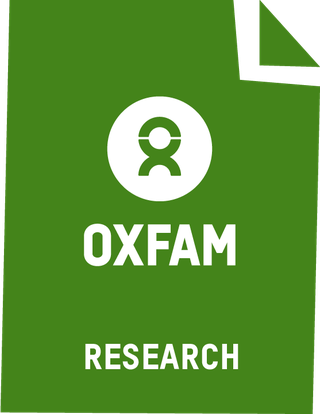
USAID’s AVANSE Project in Haiti
An assessment of its conformity with aid effectiveness principles.
In 2013, the US Agency for International Development (USAID) launched Appui à la Valorisation du Potentiel Agricole du Nord, pour la Sécurité Économique et Environnementale—Aid to Realize the Agricultural Potential of the North, for Economic and Environmental Security, or AVANSE—in northern Haiti. This $87 million project, also known as Feed the Future North, runs through the end of 2019.
Oxfam examined AVANSE utilizing an aid effectiveness lens. The research found that the project is generally well-aligned with Haiti’s national agricultural plans. However, USAID did not engage either the Haitian government or the beneficiary farmers in project design. Consequently, AVANSE has not adequately addressed local concerns about access to water, despite periodic severe droughts. Nor has the project targeted key local food crops, such as yams, or livestock, despite the desires of participating farmers.
AVANSE has provided resources to women farmers. However, Oxfam found that the project has tended to engage women in rather traditional activities, such as soil and water conservation and marketing, and has not sought to transform gender relations in rural northern Haiti.
Like Oxfam’s previous assessment of Feed the Future West in Haiti, the study determined that AVANSE lacks well-developed plans to maintain gains in farmer income and productivity beyond the life of the project. The study recommends systematic stakeholder engagement to ensure such sustainability.